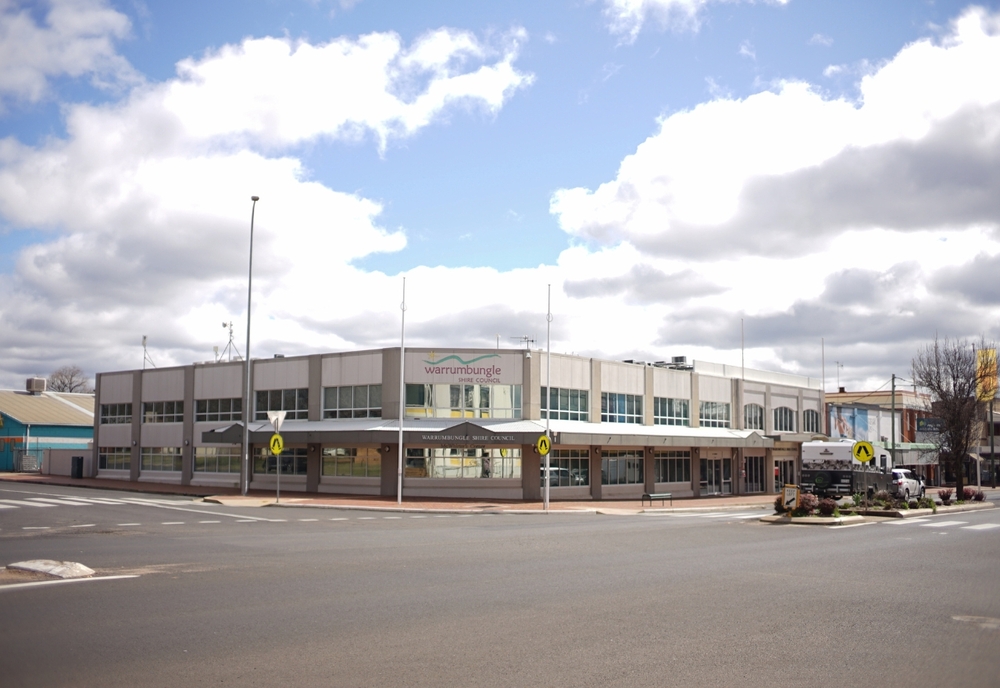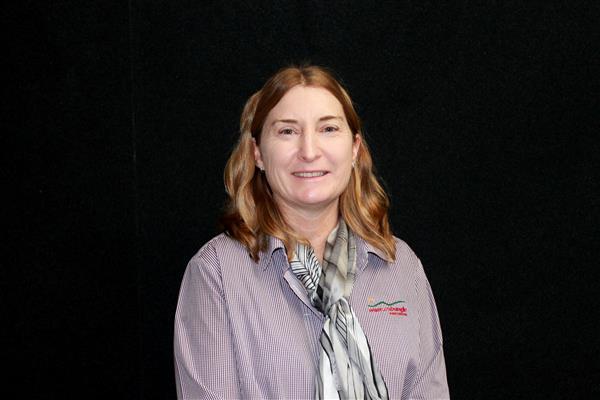Development grants "unequal" across regional NSW: report
River McCrossen
21 August 2024, 2:40 AM
 The Legislative Assembly Committee on Investment, Industry and Regional Development had been probing two grants aimed at creating regional jobs.
The Legislative Assembly Committee on Investment, Industry and Regional Development had been probing two grants aimed at creating regional jobs.A NSW parliamentary inquiry has found smaller rural councils and businesses struggled to access two grant programs meant for regional development.
On 7 August the Legislative Assembly Committee on Investment, Industry and Regional Development tabled the report from its inquiry into the performance of the Regional Investment Activation Fund (RIAF) and the Regional Job Creation Fund (RJCF).
In 2020, a combined $350 million in public money was allocated to the funds to support job and industry creation.
The report said the grants achieved "value for money," but presented barriers for small businesses.
It found that coastal areas and "existing regional growth hubs" like the Dubbo and Wagga Wagga local government areas dominated applications and made up most of the funding granted.
"The Committee acknowledges that a range of factors could contribute to the large number of applications concentrated in some areas," the report said.
"However, this unequal geographical distribution should only be acceptable when businesses in all regions have equal awareness of grant programs and equal access to support."

Warrumbungle Shire Council made a submission to the inquiry.
"It might be possible that most applications to RJCF and RIAF were based in existing regional growth hubs and coastal areas because these areas had more regional development teams and resources."
The report also found the funds' eligibility criteria, which in their second round ruled out businesses with primary operations in hospitality, retail, localised trades and administrative services that serve only the local or regional community, was too restrictive.
Both funds were paused in April 2023 while the NSW Government undertook a government spending review.
Funding was withdrawn from them in the 2023-24 NSW budget.
The inquiry was self-referred to the committee on 21 August 2023 and held hearings in Sydney in December 2023 and Wagga Wagga in February 2024.
It was tasked with probing the allocation and administration of the funds, as well as "opportunities for regional and metropolitan councils to work together to promote productivity and economic development."
Warrumbungle Shire Council made one of 39 submissions to the inquiry.
Warrumbungle Shire's Director of Environment and Development Services, Leeanne Ryan. IMAGE: WSC
Shire Director of Environment and Development Services, Leeanne Ryan, said the joint funding requirements were difficult for small businesses and rural councils to meet.
"They generally don't have strong economic strength to have readily available funds to pool into a 50% co-fund," she said in the submission, dated 27 October 2023.
"The co-funding requirement should be lessened or negotiated for future funds. The funding bodies could also consider lowering the minimum funding requirement to allow smaller industries to apply."
She also said her shire may be deemed too far away to attract metropolitan businesses to expand there.
"With competition from regional LGAs such as Tamworth, Dubbo and Mid-Western it is unlikley that our LGA would be an attractive alternative," Ms Ryan said
"Council suggests that future funding be offered with criteria that successful applications must include business expansion into a smaller rural LGA to assist rural growth, effectively moving the continual expansion away from the already profitable larger regional centres."
The 112-page report made over 16 recommendations, including that the Department of Primary Industries and Regional Development invest in retaining staff in regional NSW to better maintain institutional knowledge of local businesses and communities.
It also recommended that the department streamline and simplify paperwork required from applicants.




